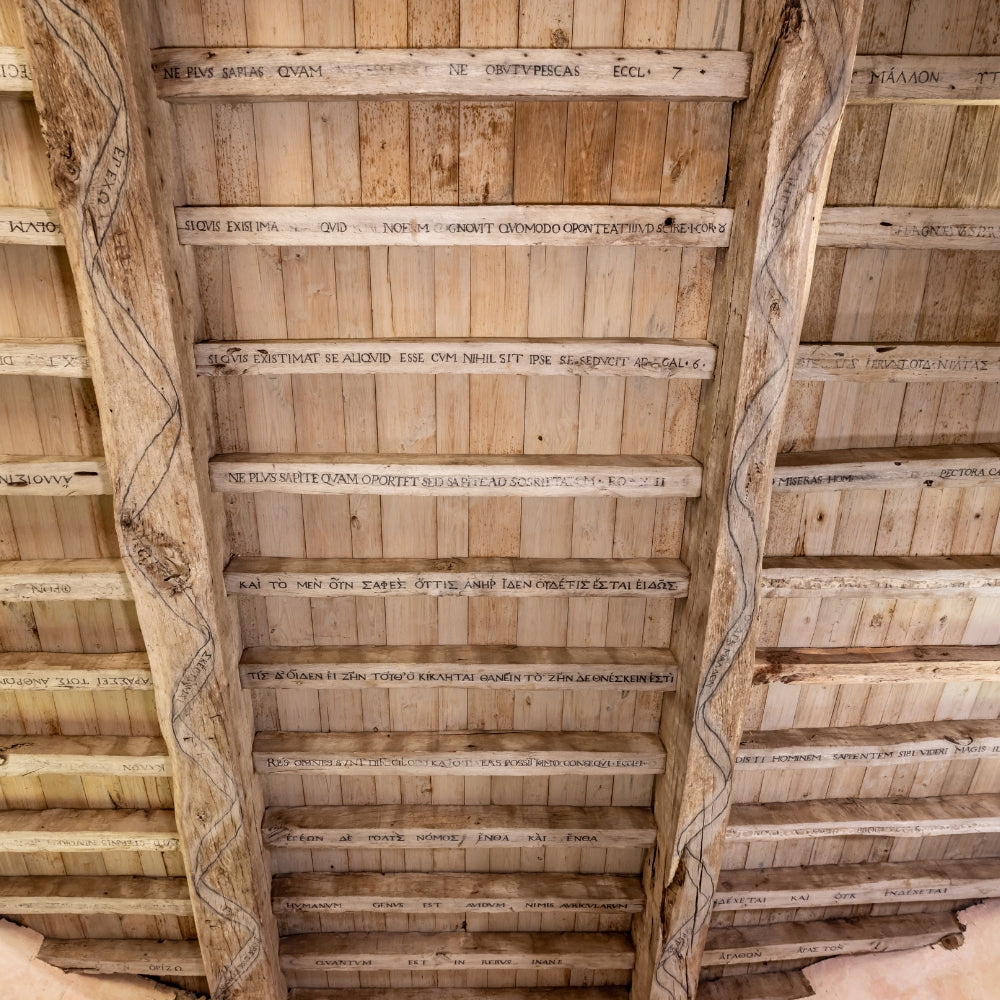The Montaigne Tower

Michel Eyquem de Montaigne, born on February 28, 1533 at the Château de Saint-Michel-de-Montaigne (Guyenne province) and died on September 13, 1592 in his Tower, was a Renaissance philosopher and humanist. He is known for having written "The Essays" from 1572, when he retired from public life, until his death in 1592.
Montaigne praises life. He addresses a variety of themes in no particular order, such as horses, friendship, death, medicine, marriage, illness, etc. These are philosophical reflections on his own life and on humanity. Indeed, Montaigne is, above all, a humanist.
It is a unique and universal book that accompanies us throughout our lives like an old friend. "The Essays" are the description of a passing life. Each reader can recognize an idea or a part of his existence, because the Man presented by Montaigne is modest, common, and not heroic. Through the analysis of his own existence, he wants to understand "What is Man in general?" After reading passages from the Essays, some will think: "But how did he know all this about me?"
Voltaire said of Montaigne : "What a charming project he had to paint himself, because in painting himself, he painted human nature."



